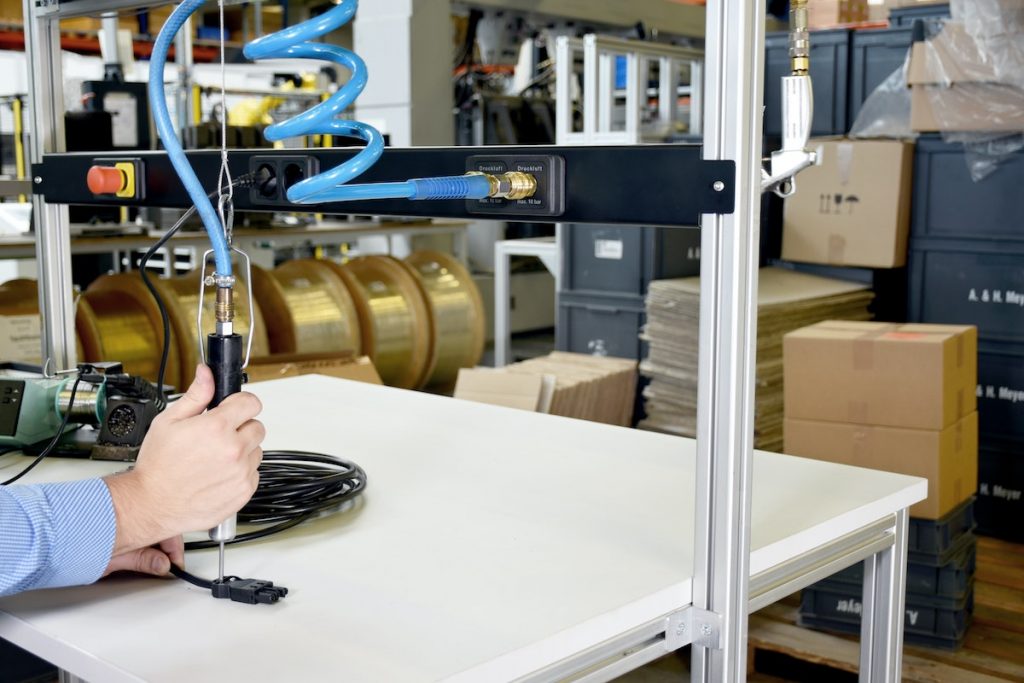
Firms operating large-scale and energy intensive plants have been warned not to view Government’s energy price freeze as a ‘magic bullet’ for tackling the impact of rising utility costs.
Further action to reduce energy consumption and identify areas where operational efficiency can be increased will be required to weather the current crisis, according to building operations software specialist CIM.
Meanwhile the British Compressed Air Society is encouraging users of compressed air – which accounts for around 10% of all the energy consumed by industry – to act now to minimise their consumption.
Proactive and routine maintenance of plant and machinery will be critical in these efforts, both organisations emphasise.
Government’s recent support package saw wholesale electricity prices fixed for businesses at less than half the level anticipated this winter, for the next six months.
“Though this support is welcome, the price of electricity is still double what it was last October so this clearly isn’t a ‘magic bullet’ for industry,” said CIM’s regional vice-president Cillian Casey. “Energy-intensive manufacturers are therefore still in an unenviable position, with this rising cost per unit more keenly felt due to enormous power outputs often required to keep large-scale plants running.”
The company also notes that ever-increasing maintenance workloads may be proving a barrier to improved energy efficiency, with maintenance personnel being “continually stuck on a reactive footing due to an overwhelming number of BMS alarms”.
In its report ‘Energy Blind Spots’, published earlier this year, CIM warned that plant teams were experiencing 12.5 alarms a day on average while a quarter of respondents said that 40% of alarms currently go un-actioned.
“The findings demonstrate an ongoing issue in industry with facilities management team workloads, which has now been supercharged by the energy crisis,” commented Mr Casey. “Even with the Government’s new support package, the need to forensically analyse plant processes and see where savings can be made is increasingly pressing.
“In such situations, building data analytics and automated fault detection diagnostics can offer overstretched facilities managers a way to ensure more operationally efficient plants, and identify critical utilities or equipment that may be over-consuming energy.”
Also responding to the Government’s energy support package, the British Compressed Air Society said it welcomed any Government programmes to help mitigate the rise in the cost of business energy.
But, said the group’s executive director Vanda Jones, “the cap still means that electricity prices for business customers will be around double the price per megawatt hour compared to this time last year.
“Add to this the fact that generating compressed air can be very energy-intensive, representing as much as 30% of a site’s total electricity bill, and it is well worth operators considering further energy saving measures to help reduce their energy consumption, and therefore the cost burden further.”
BCAS launched a ‘10% Taskforce’ campaign earlier this year to encourage firms to cut their compressed air energy usage by 10%, by reducing wasteful and inefficient practices. Vanda Jones said: “We have been demonstrating to operators that taking small, incremental steps can have a significant impact on reducing energy consumption. This can include better housekeeping routines to avoid wasteful practices, fixing air pipework leaks, recovering heat which would otherwise be lost to the atmosphere, or implementing routine system maintenance.”

